Faculty and Staff
About Our Faculty and Staff
Contact Us
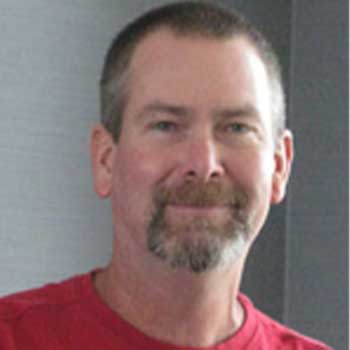
Sterling Wright
Professor of Neurophysiology;
Chair of the Biology Department
2112B Biology Building
Visit Wright Lab.
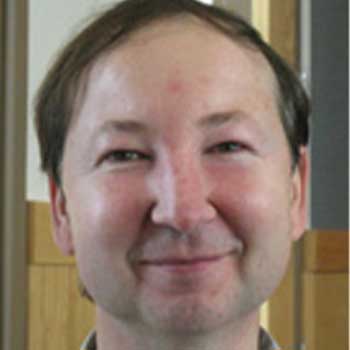
Alexey Arkov
Professor of Genetic Cell Biology
2112I Biology Building
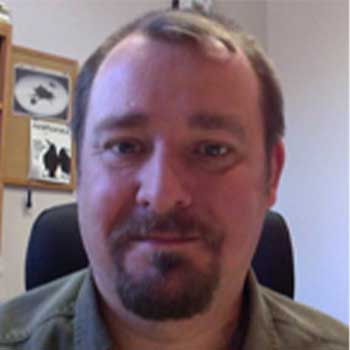
Oliver Beckers
Associate Professor of Behavioral Ecology
1112B Biology Building
Visit Beckers Lab. Visit Beckers Lab YouTube.
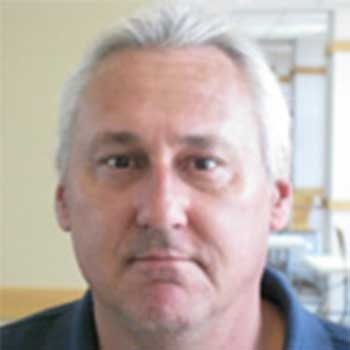
David Canning
Associate Professor of Developmental Biology
1112D Biology Building
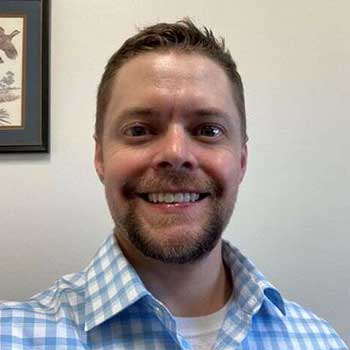
Matthew Carroll
Assistant Professor of Wildlife Biology
2309D Engineering & Physics
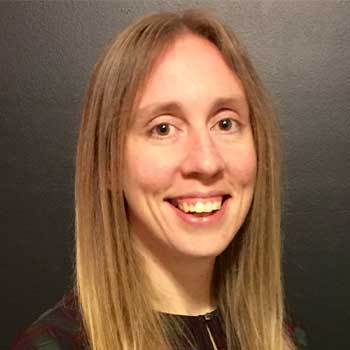
Andrea Darracq
Associate Professor of Wildlife Biology;
Program Coordinator for Wildlife Biology
102A Biology Building
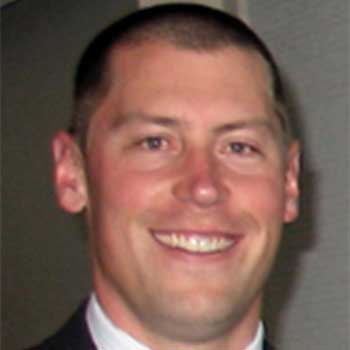
Michael Flinn
Professor of Aquatic Community Ecology;
Director of the Hancock Biological Station
1112I Biology Building
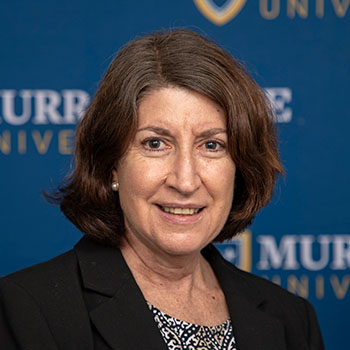
Claire Fuller
Professor of Parasitology;
Dean of the Jones College of Science, Engineering and Technology
201A I&T Building
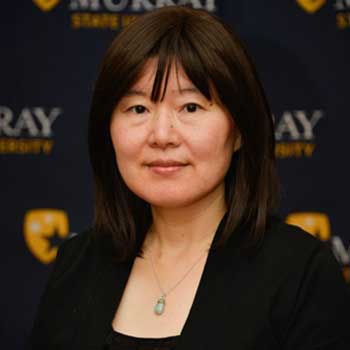
Kate He
Professor of Plant Ecology
1112F Biology Building
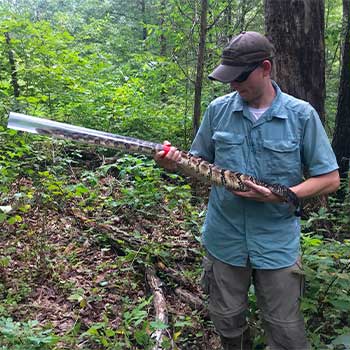
John Hewlett
Lecturer in Herpetology
2309 A Engineering & Physics
MS, Murray State University. I am interested in endocrinology, wildlife disease epidemiology, and ecology. Specifically how stress physiology affects disease susceptibility and behavioral ecology along with implications for conservation. I use a broad spectrum of techniques ranging from radio-telemetry to molecular and immuno-assays.
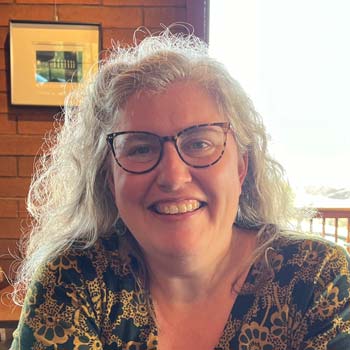
Ingrid Jordon-Thaden
Assistant Professor of Botany
1112L Biology Building
BS in Chemistry, BS in Horticulture, and MS in Biology - University of Nebraska Lincoln; PhD in Plant Biology - University of Heidelberg. My lab conducts research in plant systematics and genetics. My current interests are in speciation mechanisms of plants that double their genomes, called polyploidy, and have interesting modes of reproduction. I focus on genera of plants that have large distributions across North America, with a special focus in the mustard family (Brassicaceae) and other alpine plants. My lab uses phylogenetics with DNA sequences, population genetics, greenhouse studies, microscopy, field work collections and observations, and collections-based research in herbaria to explore the evolution of species. My lab also runs the Murray State Herbarium, which houses the largest collection of the Mississippi Embayment area.

Christopher Lennon
Associate Professor of Microbiology
2111 Biology Building
BA, MS, University of Montana; PhD, University of Wisconsin-Madison. My lab is broadly interested in the biological importance and biotechnological application of inteins. Inteins, or internal proteins, are self-catalytic, mobile genetic elements removed from host genes through protein splicing. Abundant in the microbial world, inteins have recently emerged as adaptive regulatory elements, representing a novel and potentially widespread form of posttranslational regulation. Further, the power of inteins to make and break peptide bonds has been utilized extensively in biotechnology, and my lab seeks to develop new applications of this chemistry.
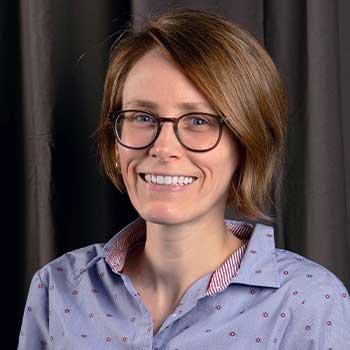
Jessica (J.B.) Moon
Assistant Professor of Wetland Ecology
2309C Engineering & Physics

Mohammad Rizwan Siddiqui
Assistant Professor of Biology
BG2112D
Ph.D., Biological Sciences, Jamia Millia Islamia University, New Delhi, India; M.Sc., Biotechnology, Dr B.R. Ambedkar University, Agra, India; My primary research interest is to understand the regulation of lung inflammatory processes, particularly those involved in development of Acute Lung Injury (ALI). The major mechanisms of ALI include breakdown of epithelial and endothelial fluid barriers, causing pulmonary edema. By using pre-clinical model of ALI (sepsis-induced ALI), he is studying signaling mechanisms regulating barrier properties of vascular endothelial cells and lung vascular injury. I am also investigating the anti-inflammatory and barrier protective property of different drugs including metformin, and angiopoietin. He aims to translate the pre-clinical research on inflammatory lung disease for the development of novel therapies for critically ill patients with ALI.
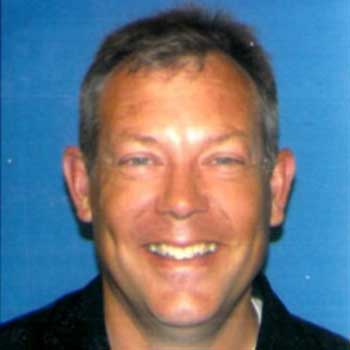
Timothy Spier
Associate Professor of Fish Ecology;
Graduate Coordinator
2309F Engineering & Physics

Laura Sullivan Beckers
Associate Professor of Wildlife and Conservation Biology
2112E Biology Building
Visit Sullivan Beckers Lab. Visit Sullivan Beckers Facebook.
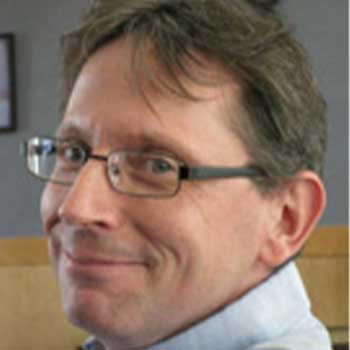
Christopher Trzepacz
Assistant Professor of Cell and Molecular Biology
2112H Biology Building
BS, University of Massachusetts Amherst; PhD. University of Cincinnati College of Medicine, Ohio. My research group explores the conserved pathways and mechanisms that regulate fertility in multicellular organisms, primarily through the cellular, molecular, and genetic dissection of the amazing model nematode Caenorhabditis elegans.
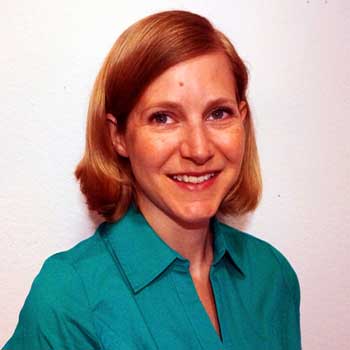
Dena Weinberger
Associate Professor of Neurobiology
1112H Biology Building
BA, Concordia College, Moorhead, Minnesota; PhD, University of Wisconsin-Milwaukee. I study nervous system development and function using the zebrafish as a model. I am investigating two related projects: 1. Is there neurotransmitter-receptor plasticity in the zebrafish neuromuscular junction? and 2. What is the role of Cabin1, a calcium-dependent repressor protein, in the development and function of the cerebellum, the site of motor learning and coordination.
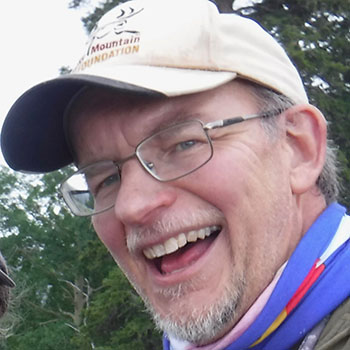
Howard Whiteman
Professor of Wildlife and Conservation Biology;
Director of the Watershed Studies Institute; Commonwealth Endowed Chair of Environmental
Studies
0105 Biology Building
Visit Watershed Studies Institute. Visit Whiteman Lab.
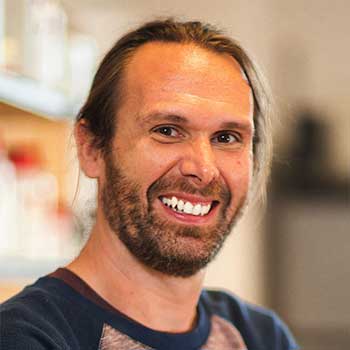
Gary ZeRuth
Associate Professor of Cellular and Molecular Biology;
Houston Endowed Chair of Pre-Medicine
2112F Biology Building
Contact Us
Heather Kirks
Administrative Assistant
Biology
2112K Biology Building
Vacant
Accounting Assistant
Biology
2112C Biology Building
Contact Us
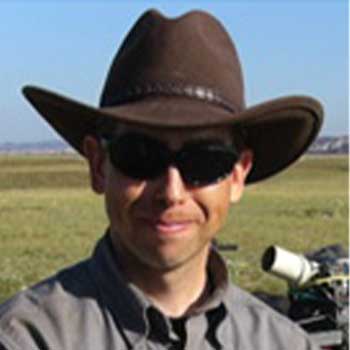
Joe Caudell
Adjunct Professor of Wildlife Biology
BS, University of Georgia, MS, Utah State University, PhD, Utah State University (wildlife biology) (2001). Indiana Department of Natural Resources, State Deer Research Biologist.
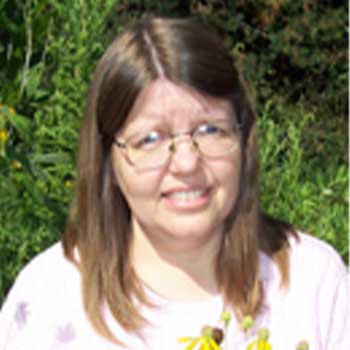
Dayle Saar
Adjunct Professor of Botany
Associate Professor Emeritus
Contact Us
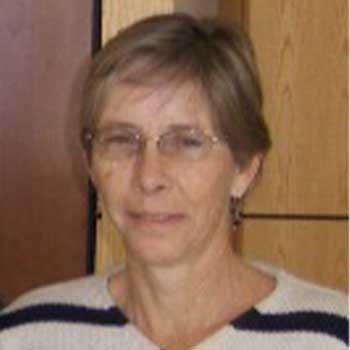
Terry Derting
Professor Emeritus of Biological Sciences
(Biology)
BA, Mount Holyoke College; MS, Virginia Polytechnic Institute and State University; PhD, Indiana University. My research interests are twofold. As a mammalogist, I study impacts of anthropogenic stressors, such as habitat fragmentation, on the health of small mammals. As an educator, my research focuses on effective approaches to faculty professional development and improved student learning in higher education.
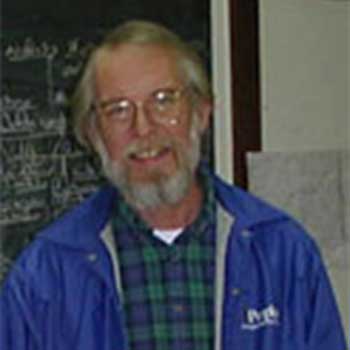
Leon F. Duobinis-Gray
Professor Emeritus of Biological Sciences
(Parasite Populations, Dynamics of Freshwater Vertebrates and Invertebrates, Histology,
Pathology)
BS, MS, East Tennessee State University; PhD, Louisiana State University. —We are sad to report that our good friend Leon passed in August 2019.—
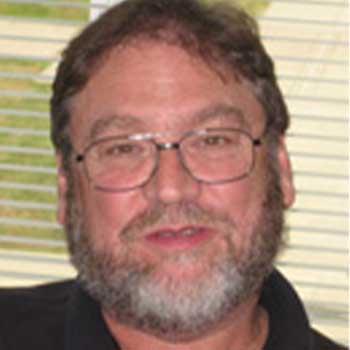
Timothy C. Johnston
Professor Emeritus of Biological Sciences
(Biology)
BA, Harding College; MS, Murray State University; PhD, Southern Illinois University.
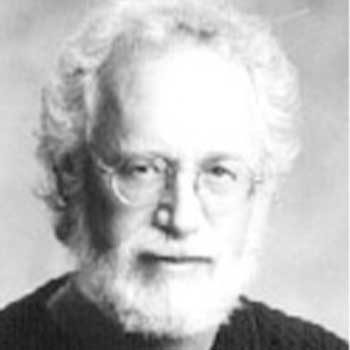
Robert A. Martin
Professor Emeritus of Biological Sciences
(Mammal Evolution, Paleoecology) (1993)
BA, Hofstra University; MS, Tulane University; PhD, University of Florida.
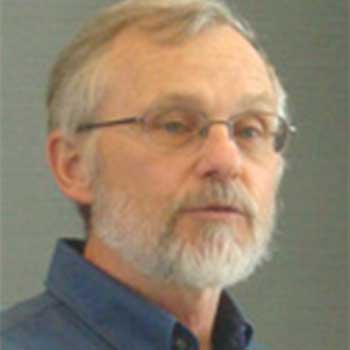
Tom J. Timmons
Professor Emeritus of Biological Sciences
(Fisheries Biology) (1982)
BS, Iowa State University; MS, Tennessee Technological University; PhD, Auburn University.

David S. White
Professor Emeritus of Biological Sciences AB
(1988)
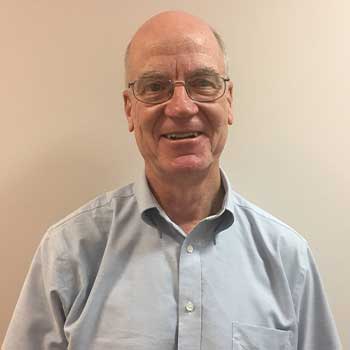
Stephen B. White
Professor Emeritus of Biological Sciences
(Ornithology, Wildlife Biology and Management, Animal Damage Control) (1981)
BS, West Virginia University; MS, Colorado State University; PhD, Ohio State University.
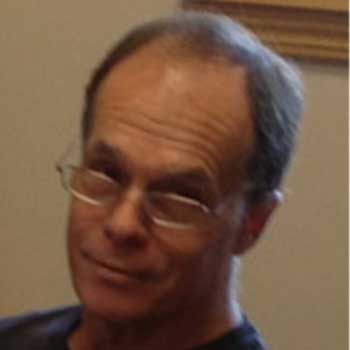
Edmund J. Zimmerer
Professor Emeritus of Biological Sciences
(Behavioral Genetics, Molecular Genetics, Herpetology) (1989)
BS, Moravian College; MS, PhD, Rutgers University.
